👉 The Unbundling of Harvard Has Begun
COVID19 has driven universities online but they can't compete with modern influencer-lead alternatives
Yo! ✌️ I’m Brett! I am a Product Manager, User Psychology consultant and former Cognitive Science researcher. Social Studies is a semi-weekly newsletter for tech workers looking to stay up on the news and build more human-centered products.
I synthesize the most important developments in tech (with a special focus on Tech Twitter) and share frameworks from psychology, economics, and other social sciences to better understand them.
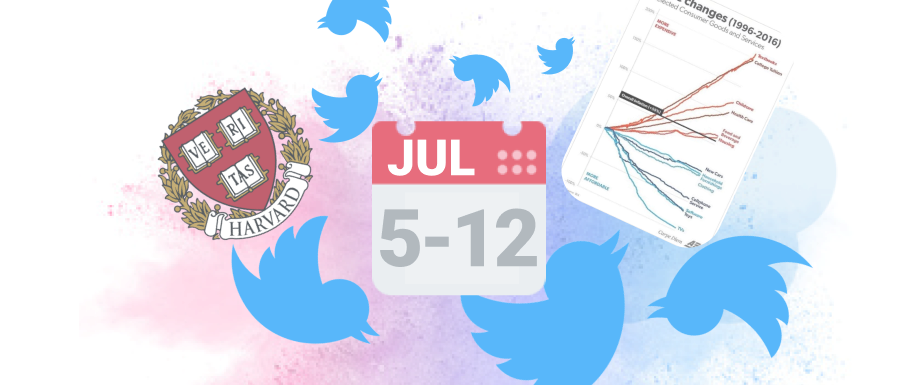
✨ What Happened on Tech Twitter Last Week
Here’s the main story:
📉 The education bubble reached a tipping point - Harvard announced all classes would be online but tuition would not be lowered. More students are reconsidering the value of higher education than ever before.
🤯 What the hell is going on? - David Perell wrote that the abundance of information on the internet has been eroding the value of higher education for some time.
📚 Education will need to be reimagined - Online education is in its infancy. The best programs will adapt to the new medium rather than copy and paste from the old IRL format.
🎓 The unbundling of universities has begun - A new crop of (social) media celebrities like Erik Torenberg and David Perell are unbundling universities by creating communities and programs around specific subject areas.
📉 The education bubble reached a tipping point
Harvard announced that it would continue 100% online learning in the Fall but keep tuition prices the same - more universities are expected to follow suit.
There’s been a growing bubble in higher education for some time, but this may be the tipping point. The cost of tuition has been rising for years, but the value hasn’t.


As universities shift to online education until the pandemic is over, the value of higher education will take a serious nosedive.
This is causing many American college students to consider taking gap years or deferring enrollment indefinitely. In turn, many universities (particularly mid and lower-tier where the value is less clear) will likely face financial hardship.



Also last week, the federal government made moves that confirmed growing sentiment that university degrees are becoming increasingly less important for successful employment.

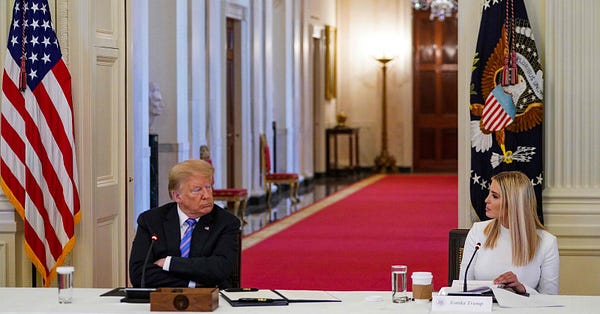
Keep in mind, this is all happening against the backdrop of continuous stories of individuals achieving incredible success despite lacking a traditional college education.


Traditional colleges have put 44 million people in debt while online bootcamps have literally turned homeless into home owners. If you’re an incoming college freshman looking at $50K for Zoom lectures for at least 4-6 months, what would you pick?
🤯 What the hell is going on?
To understand why this is all happening, you should read David Perell’s piece “What the Hell is Going On?”
Here are a few key points:
Traditional higher education (as well as commerce and politics) is built on information scarcity. You pay to get access to information in universities that is impossible to get elsewhere.
Thanks to the internet, we now have information abundance, which means you can now access any information you want for free.
This dramatically erodes the business model for higher education, particularly for mid and low-tier institutions that don’t have a strong brands.
Dave Perell writes:
We’ve entered a digital, two-way, information-rich world where millions of people can produce and distribute content at scale. We need to recalibrate our collective compass.


📚 Education will need to be reimagined
If you watch the earliest movies, you’ll notice that they are essentially just video recordings of plays. Years later, directors began creating films that were more native to the format (where which the camera was moved around shot to shot).
This is the transition we’re beginning to make with online education. One-to-one translations of in person lectures to Zoom isn’t how remote learning should be done. Universities will need to reimagine education for this new medium to keep up.
Ana Lorena Fabrega and David Perell have some great thoughts here:


🎓 The unbundling of universities has begun
As universities continue to lose their relevance, students will seek alternatives. This spells immense opportunity for startups looking to unbundle the university experience.
Erik Torenberg shared an abstract view of what this could look like:


Companies like Udacity, Udemy, and Masterclass are earlier examples of this unbundling - take educational content and make it widely accessible for a fee.
Entrepreneurs like Erik Torenberg and David Perell have a new approach: build education-based communities on the backs of (social) media empires.

Erik runs a podcast and a venture fund. He’s also the founder of On Deck, a modern alternative to MBA programs that helps entrepreneurs meet cofounders and start companies.

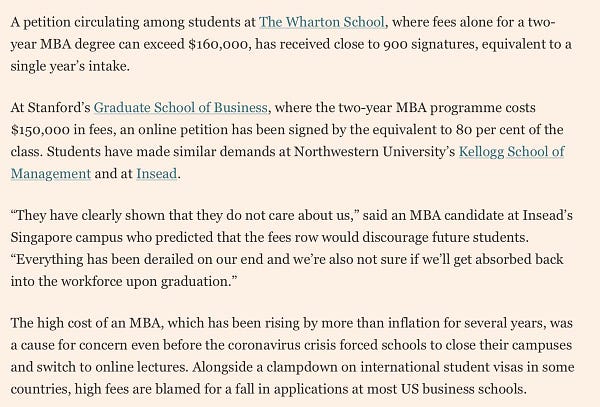
David Perell runs a popular blog and podcast. He is also the founder of Write of Passage, an alternative to creative writing programs.

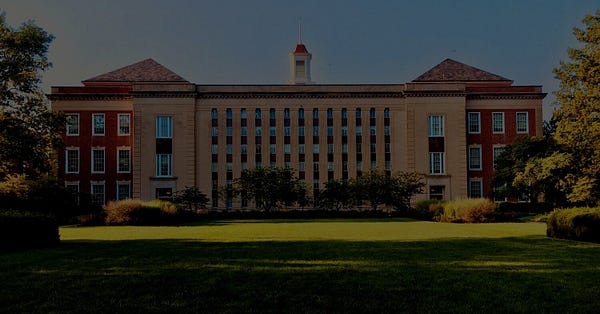
While this unbundling has been happening for technical education (e.g. engineering, design) for some time, Erik and David’s “schools” are emblematic of more of what’s to come. Many more entrepreneurs will likely follow in their footsteps unbundling other subjects.
I launched Social Studies (currently as a newsletter) with the idea of unbundling Social Science education from universities and applying it to business.

The Theil Fellowship approach of getting would-be college students to start companies instead is also continuing to grow in popularity in the venture community. The 1517 fund announced last week it would make $50K investments in students building companies instead of going back to school.
✌️ Other great tweets
Here’s what else happened last week!




Be sure to check out these threads and links:



🙏 Thanks!
Have a great week!









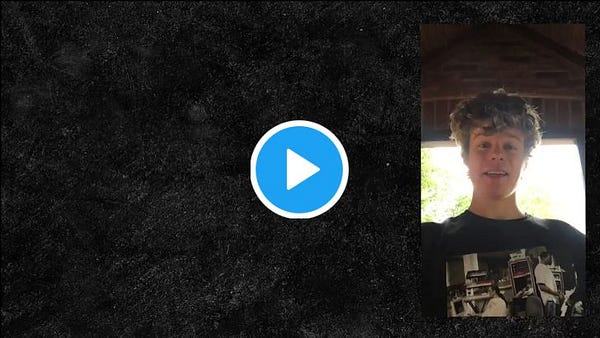

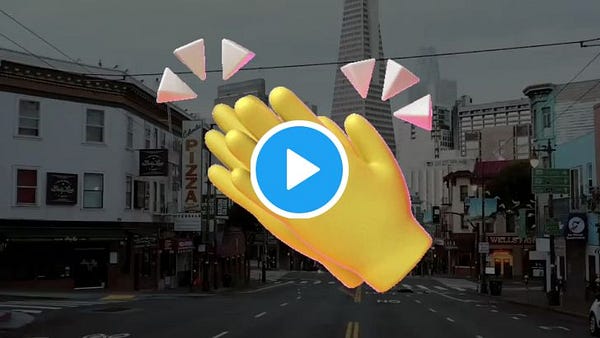
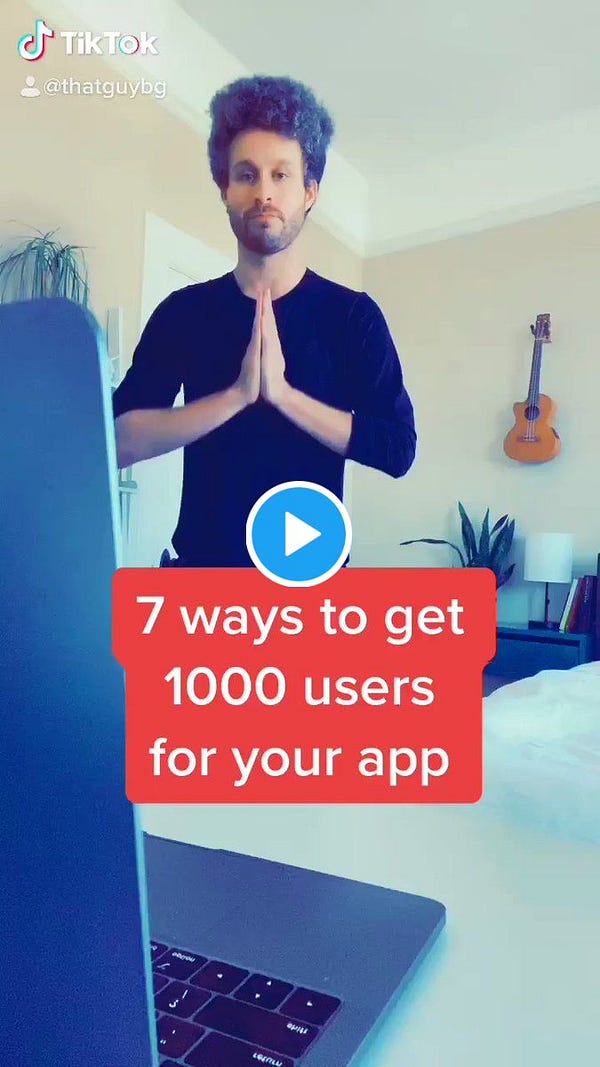
Hey, so I had so many reactions to your article that I wrote my own as a response: https://stevefoerster.com/harvard-will-be-just-fine/
I hope it doesn't across as too kvetchy, because I promise you that it ends nicely.